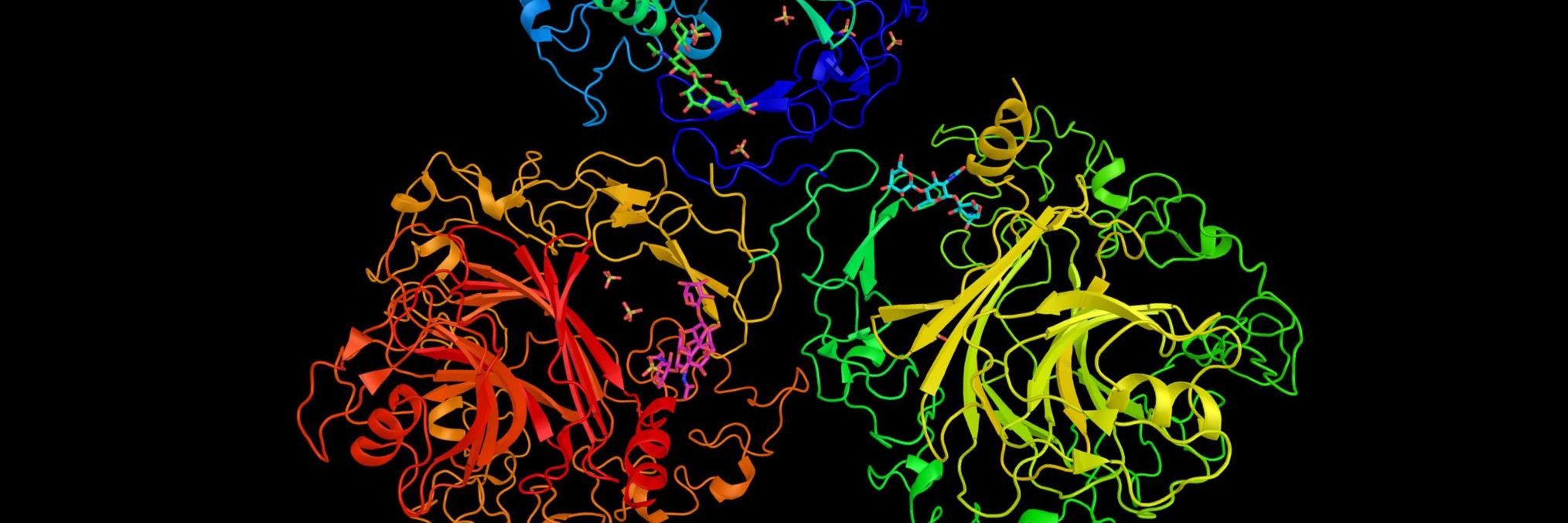To retrospectively examine sex-differences and predictors of completion in consecutively-referred patients to a 6-month exercise-based cardiac rehabilitation program (CRP) from 2006 to 2017.
People with hemiplegic gait participated in stroke-adapted-CRP; otherwise, traditional-CRP. Reasons for non-completion were ascertained by interview. Regression-analyses were conducted to determine non-completion in all patients and women and men separately.
There were 1536 patients (30.3% women), mean age 64.5 ± 12.5 with 23% initiating the stroke-adapted-CRP. Overall, 75.1% completed the CRP (87.3% stroke-adapted-CRP vs 71.5% traditional-CRP; p .05, all). The only sex difference in completion by age (decade) occurred in those 1 stroke and diabetes (any anti-diabetes medication). The strongest predictor of non-completion among all models was not being enrolled in stroke-adapted-CRP.
While there were no sex-differences in adherence to the CRP, women and men have mostly unique predictors of non-completion. Younger women are at greatest risk for non-completion. Practitioners should provide sex-specific, tailored strategies for enhancing completion with a focus on younger women and offering a stroke-adapted-CRP with close attention to those with diabetes.
Copyright © 2023 Elsevier Inc. All rights reserved.















